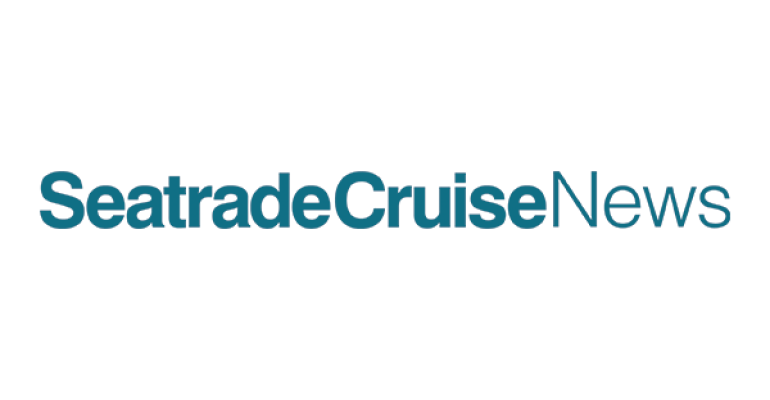These measures are making a difference, according to Dr. Moira Brown, senior scientist, John H. Prescott Marine Laboratory at the New England Aquarium and for the Canadian Whale Institute.
Vessel strikes and fishing nets are the major threats to the right whale, whose migration pattern along the US/Canada Eastern Seaboard coincides with one of the world's busiest shipping routes. Cruise ships are among the vessels plying the coast from Florida to the North Atlantic.
Since late 2008, a regulation has required vessels 65 feet or greater to cap speeds at 10 knots in areas seasonally occupied by the North Atlantic right whale. In 2009, an important calving ground, the Great South Channel, southeast of Cape Cod, was designated as an area for vessels to avoid.
Only two right whale carcasses have been found since 2009, and both were outside that area, Brown told the Canada/New England Cruise Symposium in Bar Harbor, Maine, this week.
The North Atlantic right whale population is now estimated at 525, and is growing at a rate of 2.6% a year.
'Professional mariners can take great pride in knowing they made a difference to this endangered species. It's really clear the shipping industry was able to respond,' Brown said.
In addition to actions taken by professional mariners, the public can help reduce whale strikes by using the 'Whale Alert' app, downloadable at www.whalealert.org. This informs where whales are present and facilitates the reporting of animals in distress.
Copyright © 2024. All rights reserved. Seatrade, a trading name of Informa Markets (UK) Limited. Add Seatrade Cruise News to your Google News feed.


